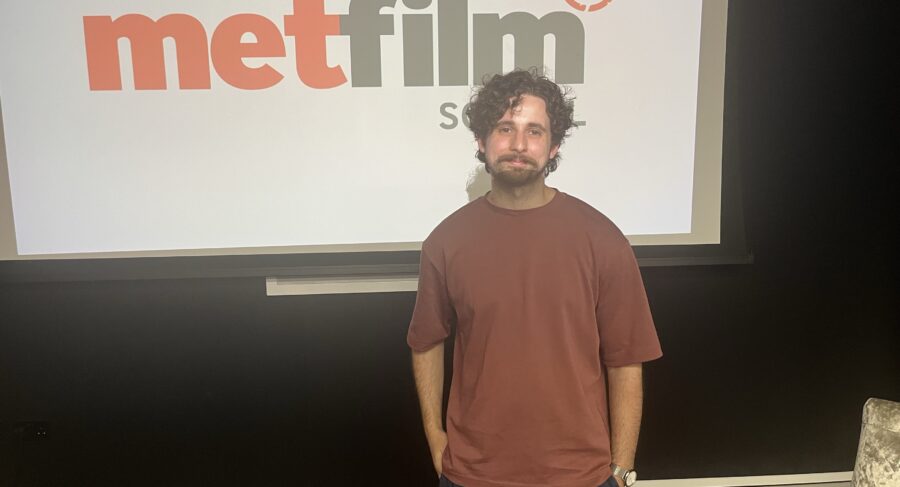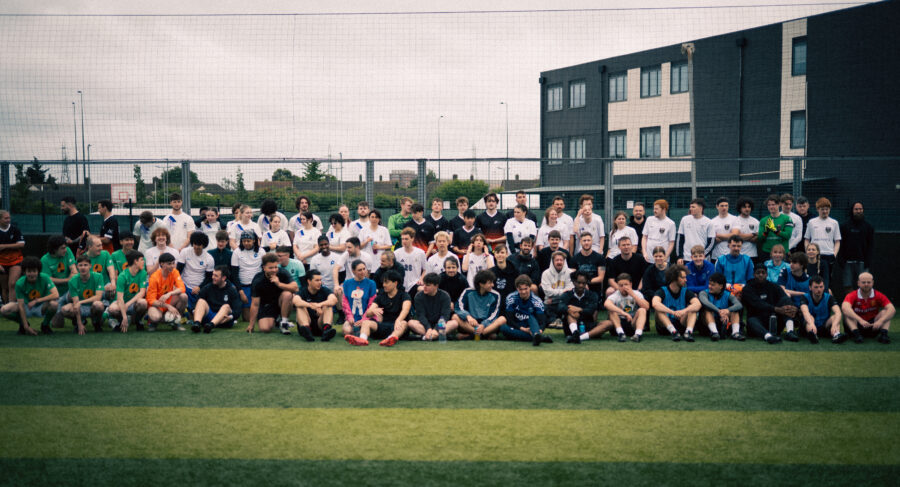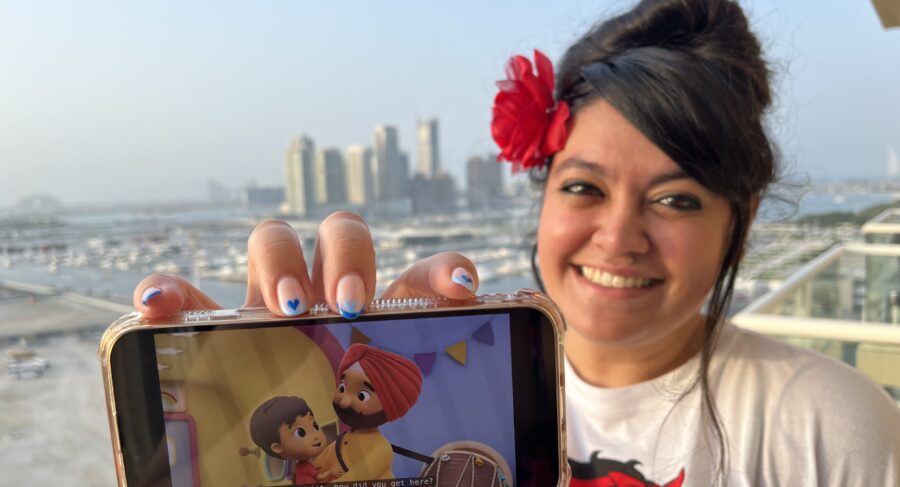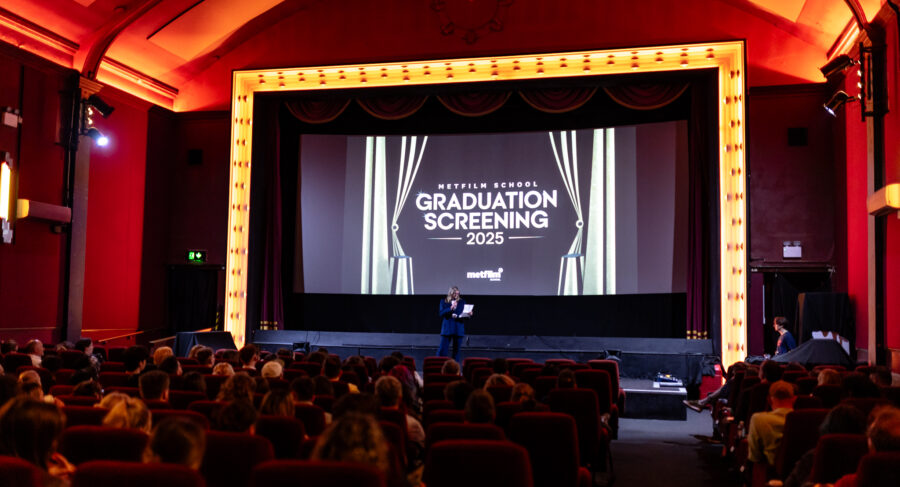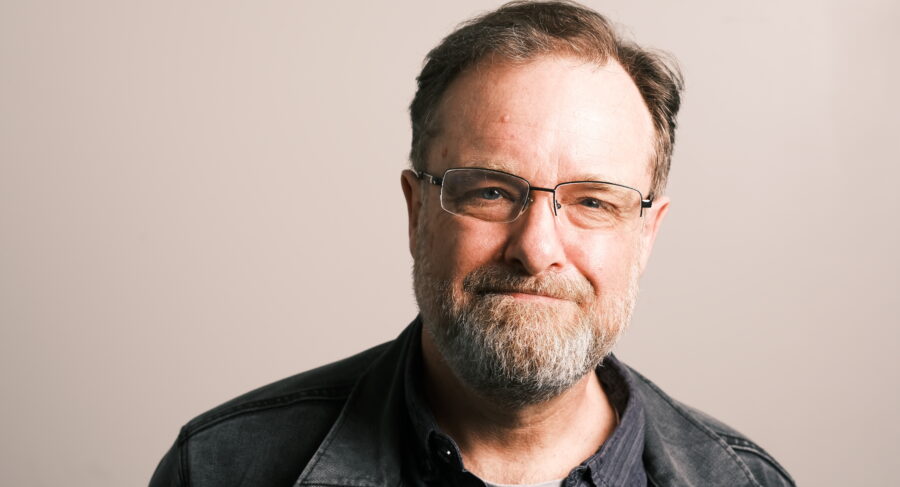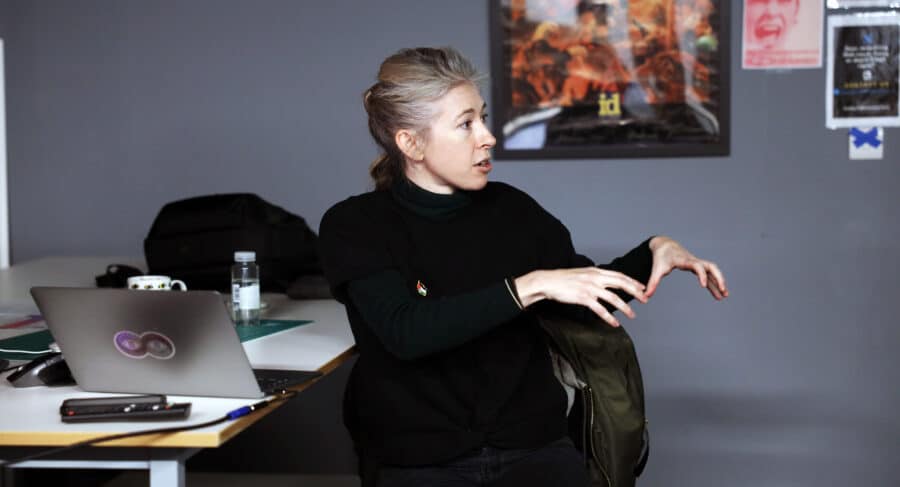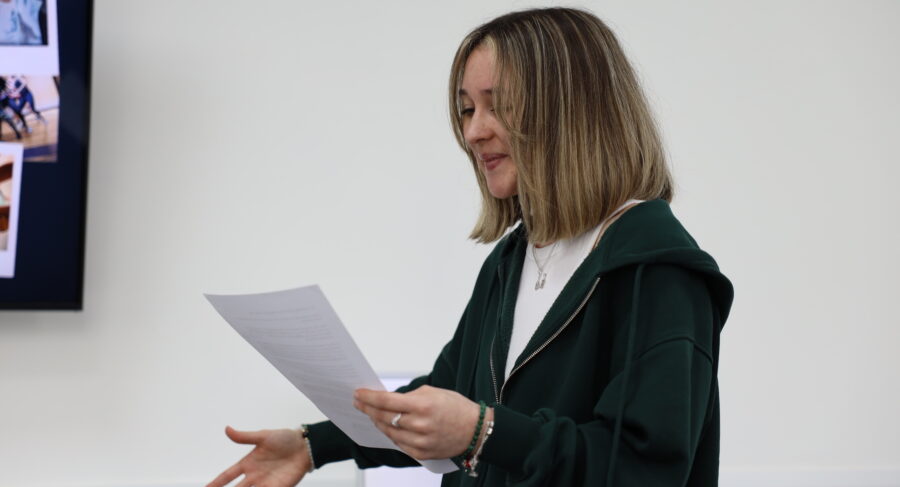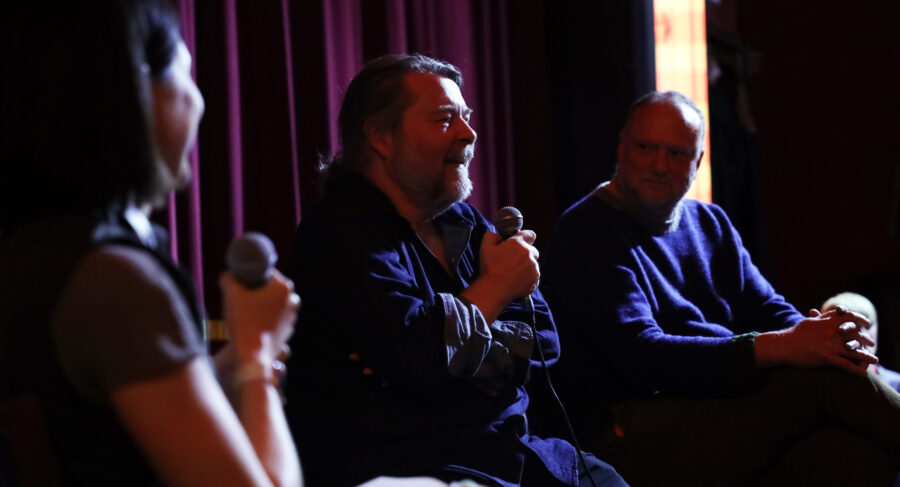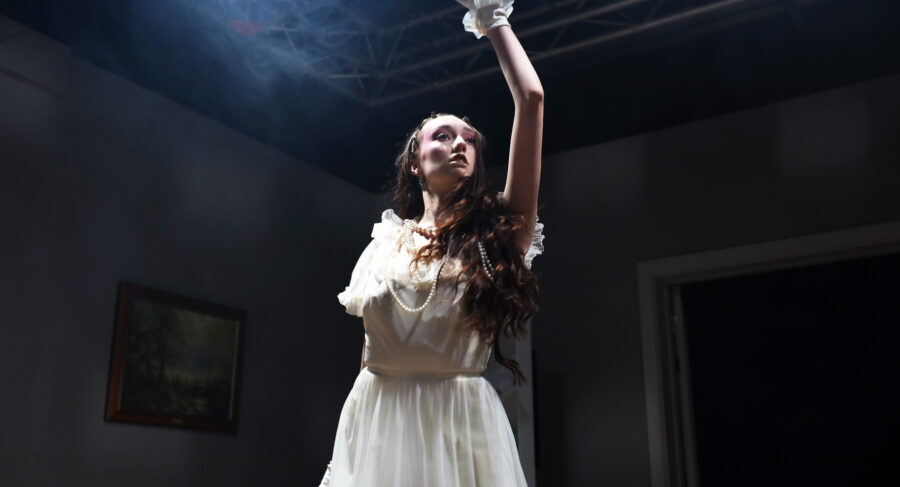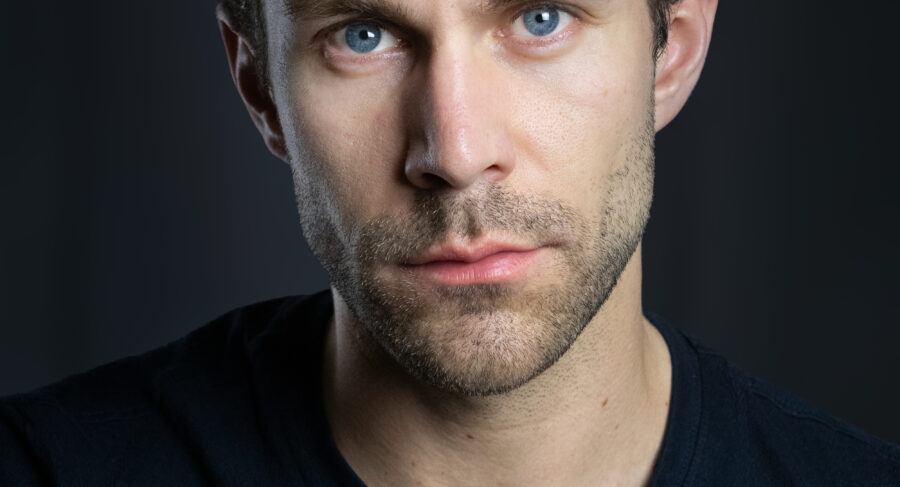Deal With It? How our MA graduates shot a whole web-series in lockdown
By Danny Kelly
17 April 2020
What better way to kick-off our yearly celebration of MetFilm School’s Postgraduate courses than with a behind-the-scenes look at the new series of Live With It – a collaboration between MA graduates across various disciplines.
The first instalment of the comedy web-series – about two dating housemates, Tilly and Adrian, who are going through a messy break-up – was released in Spring 2019, and now the recent lockdown has inspired the team to produce seven new episodes. However, this time, they’ve been filmed 100% remotely using Zoom and the actor’s mobile phones.
We caught up with Briony, Juliana, Paula and Jamie to learn more about their creative process and the challenges of shooting on lockdown…
Briony Puddepha (MA Screenwriting) – Writer/Producer/Actor
I had wanted to write a second series of Live With It for a while but was struggling for inspiration and it was challenging fitting around the actors’ schedules. When the lockdown was announced, it felt like the perfect opportunity to be creative and try a different way of filmmaking. In many ways, it alleviated a lot of pressure and felt more an experiment to see if the video-call format worked with our story. On the flipside, much of what we learnt shooting the first series suddenly didn’t apply, and we were back to square one. Everything was new – again!
From a writing perspective, returning to Live With It was an absolute joy. I love these characters and there’s endless potential to do silly things with them. I constantly get ideas and, depending on how long we’re in lockdown for, there’s definitely scope for further episodes – or perhaps a spin-off. I love writing Adrian, in particular. He’s so lacking in self-awareness and writing his arty-farty dialogue is a lot of fun.
Writing for the video-call format had its challenges. It was a new way of writing for me, and I had to keep reminding myself that I could only write what can be seen through a phone. Comedy is very visual, and I kept accidentally writing physical gags that wouldn’t be possible in this format – especially with the actors filming individually in their homes. It was a case of shaking habits and trying to be inventive. Eventually, I decided to keep the series as simple as possible. Short, relatable plots that found comedy from this weird time seemed the way to go. I hope we’ve succeeded!
Juliana Matsubara (MA Directing) – Director
‘Mobile filmmaking’ doesn’t mean making films is easier or quicker than on other types of cameras. It always makes me nervous to hear comments such as “just get out and shoot, the equipment doesn’t matter”. It matters a lot and mobile filmmaking is no different. You still need to know how to frame, how to move the camera, why you are filming with a mobile in the first place. Most importantly we aimed to make the best of it to tell our story.
The context of social distancing and COVID times means the character’s phones are now the gateway to the world and their friendships, so mobile aesthetics was a perfect fit for our narrative. All the planning and preparation behind this new season was done remotely, including checking the actor’s individual phone settings, aspect ratio and sound quality. At the same time, we also needed to make sure actors and crew were in the same virtual space where we could call “action and cut”, so we used group video call platforms to communicate with each other while actors were filming on their phones.
To make sure all this would work in post-production, we developed a system to mark the shots at the beginning so our editor could sync sound properly. Even with all this planning, we still had some delays that were a challenge to fix. Coronavirus has not stopped us from making films. In fact, it has shown a new side of using technology to collaborate and has become a source of inspiration for us as a team and our little series.
Live With It: On Lockdown Ep.1
Paula Galán (MA Post Production) – Editor
I’ve been working remotely for the past 2 years and I keep learning with every project. Usually, they’ll shoot everything, either send me the drive or upload everything on the cloud, I’ll share each edit either on Frame, Vimeo or through WeTransfer, and we manage all communication through email and WhatsApp.
This time the challenge was different because the team was shooting remotely, which none of us had done before. We planned every detail we could think of, did a test shoot, and hoped for the best (having the actors be DOPs and DITs at the same time was an act of faith). Once I got the footage, I realised there was something we didn’t consider – the sound delay on video calls. This hugely impacted the performance of the actors and the jokes weren’t landing. A sound delay on every take means a delay in their reaction, which feels pretty cringy when you’re watching the rushes. This made editing parallel action way more interesting and fun, because it meant it was free game for me to do whatever I wanted (ish).
We took advantage of the video call look, where screens sometimes freeze, look a bit jumpy or go black for a split second. That being said, it doesn’t mean you should overuse it because then it becomes obvious that you’re hiding a jump cut. Technicalities aside, two things that made my job easier were the excellent job the crew did at communicating with the actors, and the hilarious performances of Briony, Nuwan, Jordan, and Karis. My favourite part of being the editor of Live With It will always be the fact that I’m friends with Briony (Tilly) and I always use her most unflattering shots. So stay tuned for that.
Jamie Mills (MA Producing) – Producer
What I think is most remarkable about this series – and this unique style of filmmaking – is the turnaround time. Briony first raised the idea of completing a new series of Live With It on March 23rd. As of April 28th, we will have written, filmed, edited, and released an entire 7-episode comedy series. In contrast, the first series took over a year from inception to completion.
What this has allowed us to do is produce a series which has a sense of timeliness. We’ve had a really positive response to the episodes so far, and I think a big part of that is the relevance it has to people’s lives under lockdown. We’ve all suffered through uncomfortable Zoom chats, we’ve all been forced to reconnect with people we wish we didn’t have to, and we’ve all fallen in love with a potted plant. If we’d spent a year making the series it would have been impossible to have anywhere near this level of immediacy.
There are of course drawbacks to producing a series in this way. But in a period where transitory digital media is becoming an increasingly crucial part of the creative landscape, finding a method of producing content which is cheap, fast, and relatively straight-forward feels like a bit of an aberration. This speed and simplicity also provided us with ample opportunities for creativity without some of the restrictions you’d expect to find in conventional filmmaking.
If you’re stuck at home feeling frustrated at the lack of opportunities to carry on with your work, then I recommend considering producing your own content in this style.
You can catch new episodes of Live With It: On Lockdown on Facebook or Instagram TV, as well as the whole first series on YouTube.
Interested in Postgraduate study at MetFilm School? Find out more about our MA courses.

